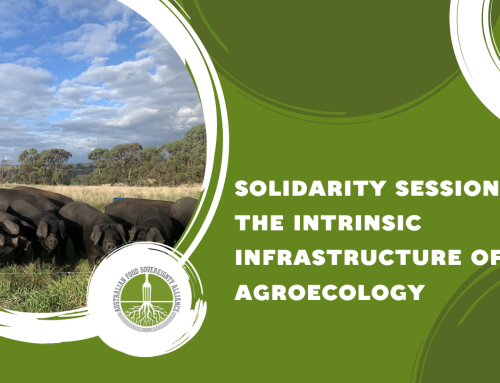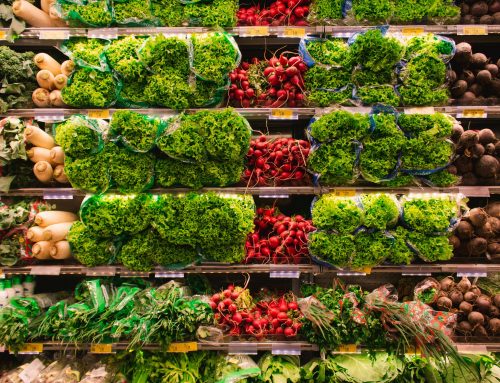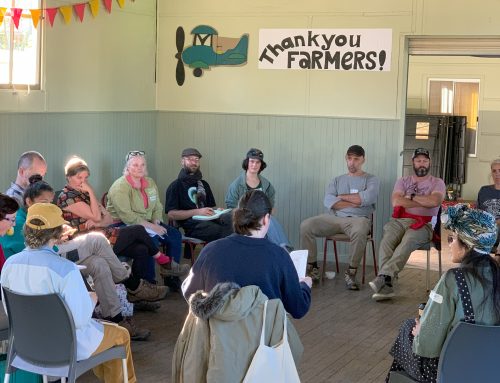In 2019 the Minister for Agriculture asked the Standing Committee on Agriculture and Food Resources to inquire into and report on growing Australian agriculture to $100 billion by 2030.
It is critical that the needs and contributions of small- and medium-scale farmers and agroecological practices be strongly represented, as the the Committee will advise on federal policy and future strategies for the Australian agricultural sector.
AFSA has called on the inquiry to:
- Prioritise a regulatory and commercial environment that supports smaller, local farmers, and moves away from a misguided and ecologically-unsound focus on exports.
- Support and promote agroecology over industrialised agriculture systems.
- Recognise the fragility and inherent risks of globalised industrial food systems and the strength of local food systems, solidarity economies, and strongly networked and collectivised communities, as has been compellingly demonstrated by the COVID-19 pandemic; and to
- Prioritise local food economies, and rural infrastructure to support them, over export industries
“A simplistic approach of ‘scale up production and export more’ is not assisting ailing rural communities, is creating shocking animal welfare outcomes, and is a direct driver of multiple negative ecological impacts contributing to drought, fires, and climate change.
Australia’s export focus and insatiable appetite for growth enables a system that sells off our valuable natural resources – soil health and water – in the form of agricultural commodities for the profit of a minority of private interests. Over-grazing, over-tilling, and repeated and prolonged use of agrichemicals has depleted Australian soils of carbon and organic matter to dangerously unhealthy levels. Australian water resources are traded as commodity and allocated unfairly to big irrigators primarily producing food and fibre for export, severely limiting water access for many farms, communities, and the environment.
Moreover, the COVID-19 pandemic has clearly demonstrated the fragility of the industrialised system, in contrast to the agility with which small-scale local producers were able to adapt and continue to operate ensuring their products were still supplied to their markets, a lot of whom increased as people moved away from supermarkets and their emptying shelves.
While we need to support our farmers with access to markets, encouraging more intensive, large-scale, and export-focused farming is not the solution to long-term food security and food sovereignty in Australia. Farmers committed to producing healthy, sustainable food for their local communities should have assistance, support and training for the continual necessary transition to genuinely sustainable forms of production. Small-scale farmers across Australia are already engaged in sustainable practices to provide nutritious food for their communities while caring for the soil they grow on.
Read AFSA’s full subsmission here.




